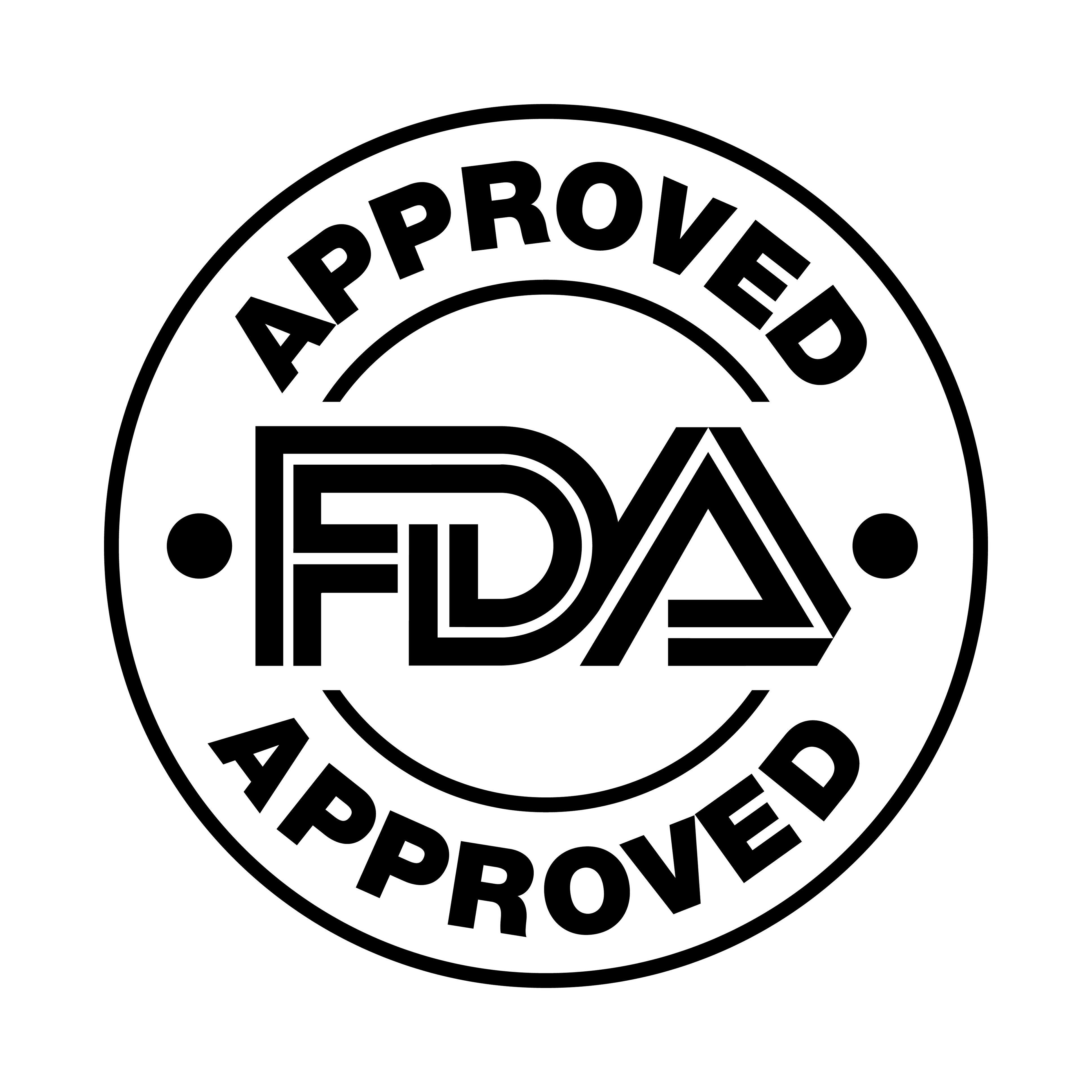FDA approves clonidine hydrochloride to treat ADHD in patients 6 years and up
The once daily extended-release oral suspension with nighttime dosing is approved to treat ADHD as a monotherapy or as an adjunctive therapy to approved CNS stimulant medications.
FDA approves clonidine hydrochloride to treat ADHD in patients 6 years and up | Image Credit: © Calin - © Calin - stock.adobe.com.

The FDA has approved clonidine hydrochloride (ONYDA XR; Tris Pharma) to treat Attention-deficit/hyperactivity disorder (ADHD) as a monotherapy or as an adjunctive therapy to approved central nervous system (CNS) stimulant medications for patients aged 6 years and older, according to a press release from Tris Pharma.1
The once-a-day extended-release oral suspension with nighttime dosing is the first and only non-stimulant ADHD medication approved in the United States and the only approved non-stimulant ADHD medication with nighttime dosing. The therapy is expected to be available in the second half of 2024.1
For patients who do not adequately respond to stimulant medication or experience negative side effects, non-stimulant ADHD therapies are important. These treatments are increasingly used as an effective alternative to stimulant treatments, according to Tris.1
According to the Centers for Disease Control and Prevention (CDC), the American Academy of Pediatrics (AAP) recommends medication and behavior therapy together for children 6 years of age and older with ADHD. The CDC stated between 70% and 80% of children with ADHD who take stimulant medications have fewer ADHD symptoms, though nonstimulants can last up to 24 hours.2
“People with ADHD require a range of therapeutic options that are designed for their individual needs, because not every medication or type of therapy works for every patient,” said Ann Childress, MD, in the press release. “The approval of [clonidine hydrochloride], the only liquid non-stimulant ADHD medication, with nighttime dosing that shifts the release profile, is a convenient option for patients needing better ADHD control.”1
According to Tris, the liquid, non-stimulant medication’s approval is “based on adequate and well-controlled studies of clonidine hydrochloride extended-release tablets.”1
In a 2018 study published in Psychiatry Investigation, investigators Sung Woo Joo and Hyo-Won Kim assessed safety and effectiveness of clonidine extended release (ER) treatment in Korean youth with ADHD or Tourette’s disorder in a retrospective study. Effectiveness was measured at baseline, 4 weeks, and 12 weeks, based on the Clinical Global Impression-Severity (CGI-S) and Clinical Global Impression-Improvement (CGI-I) scores.3
According to results posted in an abstract, a significant decrease in the CGI-S score for ADHD (F = 23.478, P <0.001, partial η2=0.540) was observed over 12 weeks. The data provided preliminary evidence for the effectiveness and safety of clonidine ER.3
In a 2011 study published in the Journal of the American Academy of Child and Adolescent Psychiatry, safety and efficacy of clonidine hydrochloride extended-release tablets (CLON-XR) in children and adolescents with ADHD was evaluated. The 8-week, placebo-controlled, and fixed-dose trial included patients aged 6 to 17 years with ADHD. The primary endpoint was mean change in ADHD Rating Scale-IV (ADHD-RS-IV) total score from baseline to week 5 versus placebo using a last observation carried forward method.4
Of the 236 patients in the trial, 78 received placebo, 78 received CLON-XR 0.2 mg / day, and 80 patients received CLON-XR 0.4 mg / day. From baseline, improvement in ADHD-RS-IV total score was “significantly greater in both CLON-XR groups versus placebo at week 5,” wrote this investigative team.4
Clonidine hydrochloride (ONYDA XR), the centrally acting alpha2-adrenergic agonist, is contraindicated in patients with history of a hypersensitivity reaction to clonidine. The most common adverse reactions (incidence at least 5% and twice the rate of placebo) as a monotherapy in ADHD include1:
- Somnolence
- Fatigue
- Irritability
- Nightmare
- Insomnia
- Constipation
- Dry mouth
The most common adverse reactions (incidence at least 5% and twice the rate of placebo) as an adjunct therapy to psychostimulant in ADHD include1:
- Somnolence
- Fatigue
- Decreased appetite
- Dizziness
References:
1. Tris Pharma receives US FDA approval for once-daily ONYDA XR (clonidine hydrochloride) extended-release oral suspension, the first-and-only liquid non-stimulant ADHD medication. Tris Pharma. Press release. May 29, 2024. Accessed May 29, 2024. https://www.businesswire.com/news/home/20240529072742/en/Tris-Pharma-Receives-U.S.-FDA-Approval-for-Once-Daily-ONYDA-XR-clonidine-hydrochloride-Extended-Release-Oral-Suspension-the-First-and-Only-Liquid-Non-Stimulant-ADHD-Medication
2. Treatment of ADHD. Centers for Disease Control and Prevention. Updated May 15, 2024. Accessed May 29, 2024. https://www.cdc.gov/adhd/treatment/index.html
3. Joo SW, Kim HW. Treatment of Children and Adolescents with Attention Deficit Hyperactivity Disorder and/or Tourette's Disorder with Clonidine Extended Release. Psychiatry Investig. 2018 Jan;15(1):90-93. doi: 10.4306/pi.2018.15.1.90. Epub 2018 Jan 16. PMID: 29422931; PMCID: PMC5795037.
4. Jain R, Segal S, Kollins SH, Khayrallah M. Clonidine extended-release tablets for pediatric patients with attention-deficit/hyperactivity disorder. J Am Acad Child Adolesc Psychiatry. 2011 Feb;50(2):171-9. doi: 10.1016/j.jaac.2010.11.005. PMID: 21241954.